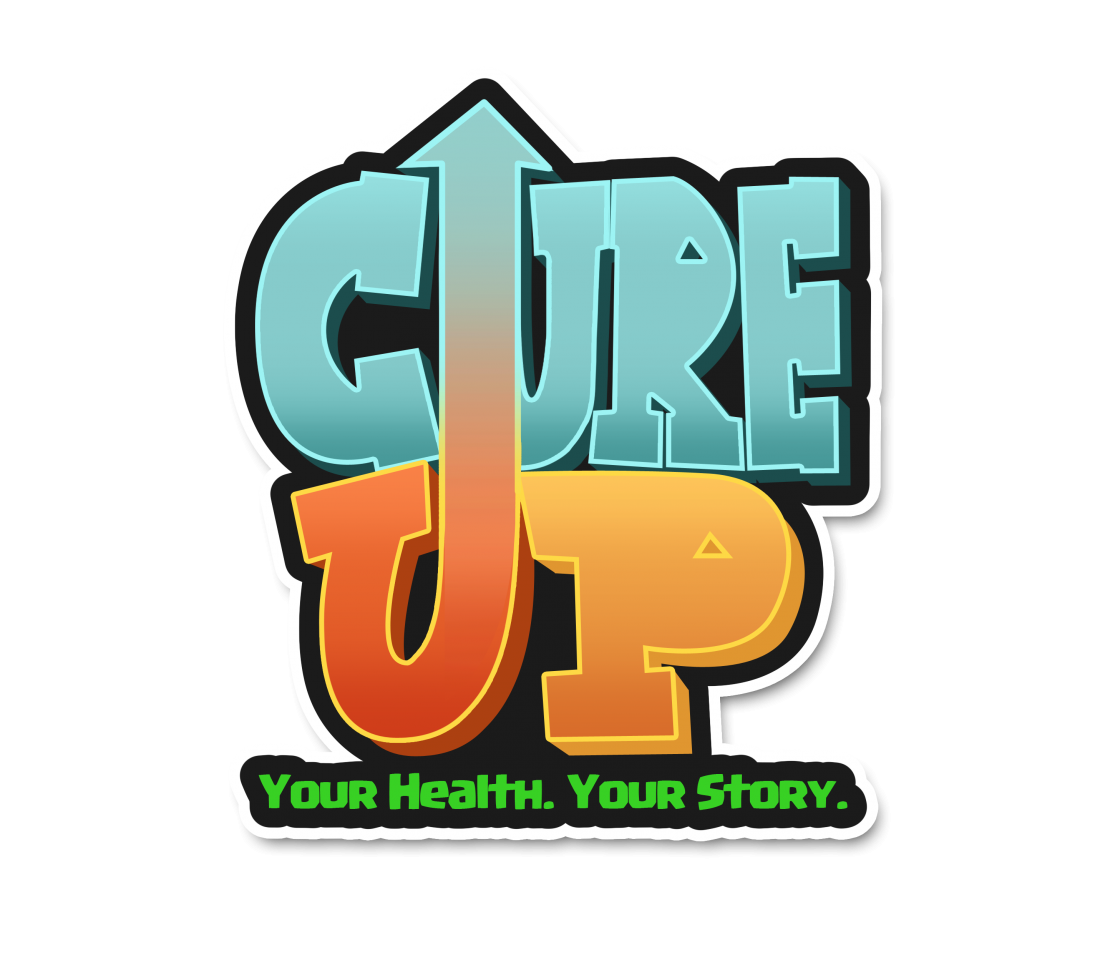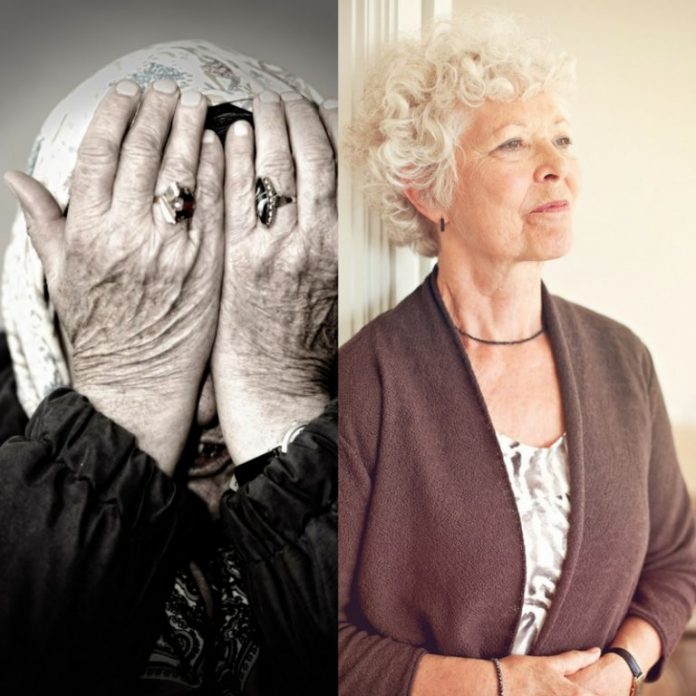Neurologists are doctors who specialize in disorders of the central and peripheral nervous system. They are often a key component in diagnosing Dementia and Alzheimer’s. A workup and full disclosure of your medical history should be done prior to the appointment with the neurologist. In some cases, genetic testing may be done to see if you are at a higher risk of developing Dementia or Alzheimer’s, especially if you have a family history of the disease.

So what kinds of tests can you expect a neurologist to do during your appointment? A neurologist will perform tests that rule out other brain disorders such as minor strokes, Parkinson’s Disease, brain tumors, fluid buildup, or others which affect the memory or thought processes. These tests include:
- Sensation. Do you have to feel in all areas of your body? If not, the central nervous system may be affected by something other than Dementia or Alzheimer’s. Ruling out this possibility is essential for moving forward with a proper diagnosis.
- Eye Movement. Is eye movement normal? Do your eyes track properly and react normally to light? Do certain types of light or flashes negatively affect your eyes? The neurologist wants to rule out any damage to the central nervous system which affects the eyes, as Dementia or Alzheimer’s generally do not.
- Speech. The neurologist will test the quality of your speech. Are you slurring your speech? Are you able to form coherent sentences with few gaps in which you search for words? How you speak can be an important indicator of just which diseases or disorders can be ruled out.
- Coordination and reflexes. Your doctor will test your balance, body synchronization, reaction times, and muscle strength and tone. How you react physically to stimuli is important for doctors to know. This type of testing will also rule out any other potential disorders.
- Mental status tests. The two most common tests for Dementia and Alzheimer’s are mini-mental state exam (MMSE) and the mini-cog exam. In the mini-cog exam, the patient will be asked to memorize and later repeat the names of three everyday objects and will be asked to draw an analog clock with the numbers in the right places and the hands showing a specific time. In the MMSE, the doctor will ask a series of basic questions to test basic cognitive skills. The maximum score on this exam is 30 points. Anything below a score of 24 suggests dementia, the severity increasing as the scores become lower.
- Brain scans. Images taken of the brain cannot definitively diagnose Dementia or Alzheimer’s Disease, but they can rule out any physical ailments in the brain which cause similar symptoms. Brain imaging reveals any tumors, damage, evidence of stroke, or fluid buildup in the brain.

The thought of diagnostic testing for Alzheimer’s and Dementia with a neurologist can be intimidating and stressful. The neurologist you choose to see should be caring and understanding of your anxiety and seek to put you at ease. Their goal is to get as accurate a picture of your mental functioning as possible, and that can be hard to do with increased anxiety levels. Remember to relax and take the testing in stride.
Sources:
https://www.alz.org/alzheimers_disease_steps_to_diagnosis.asp#neurological









